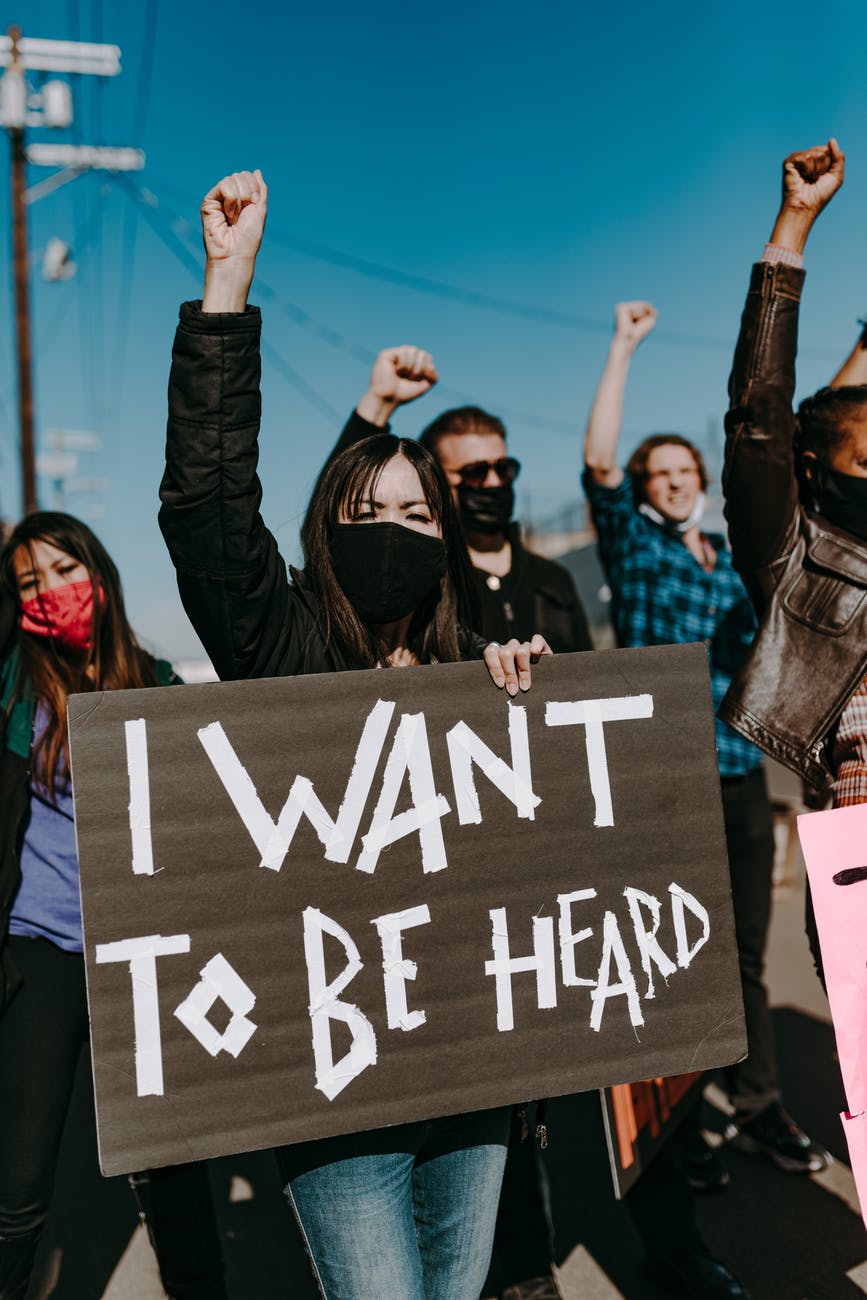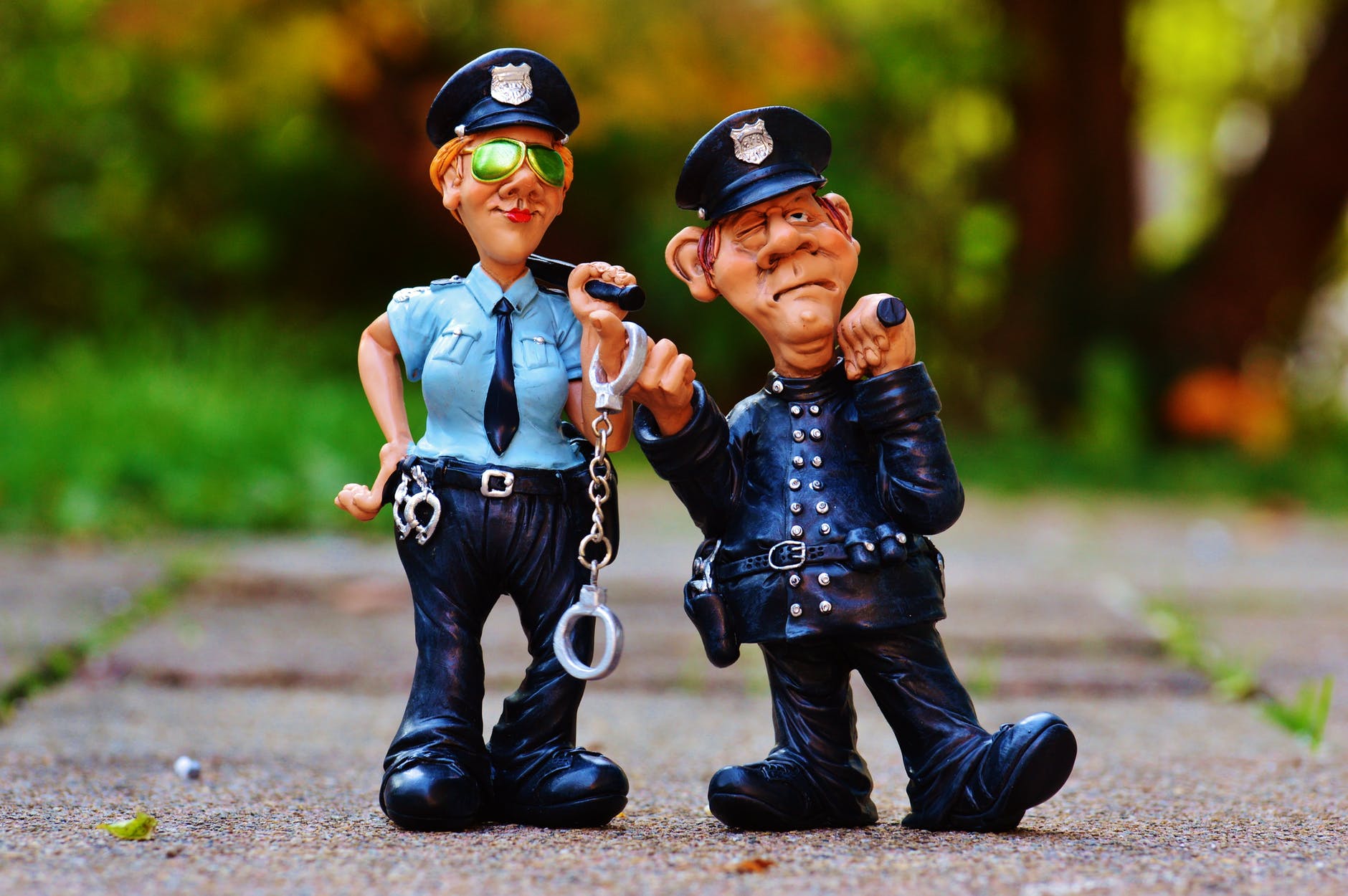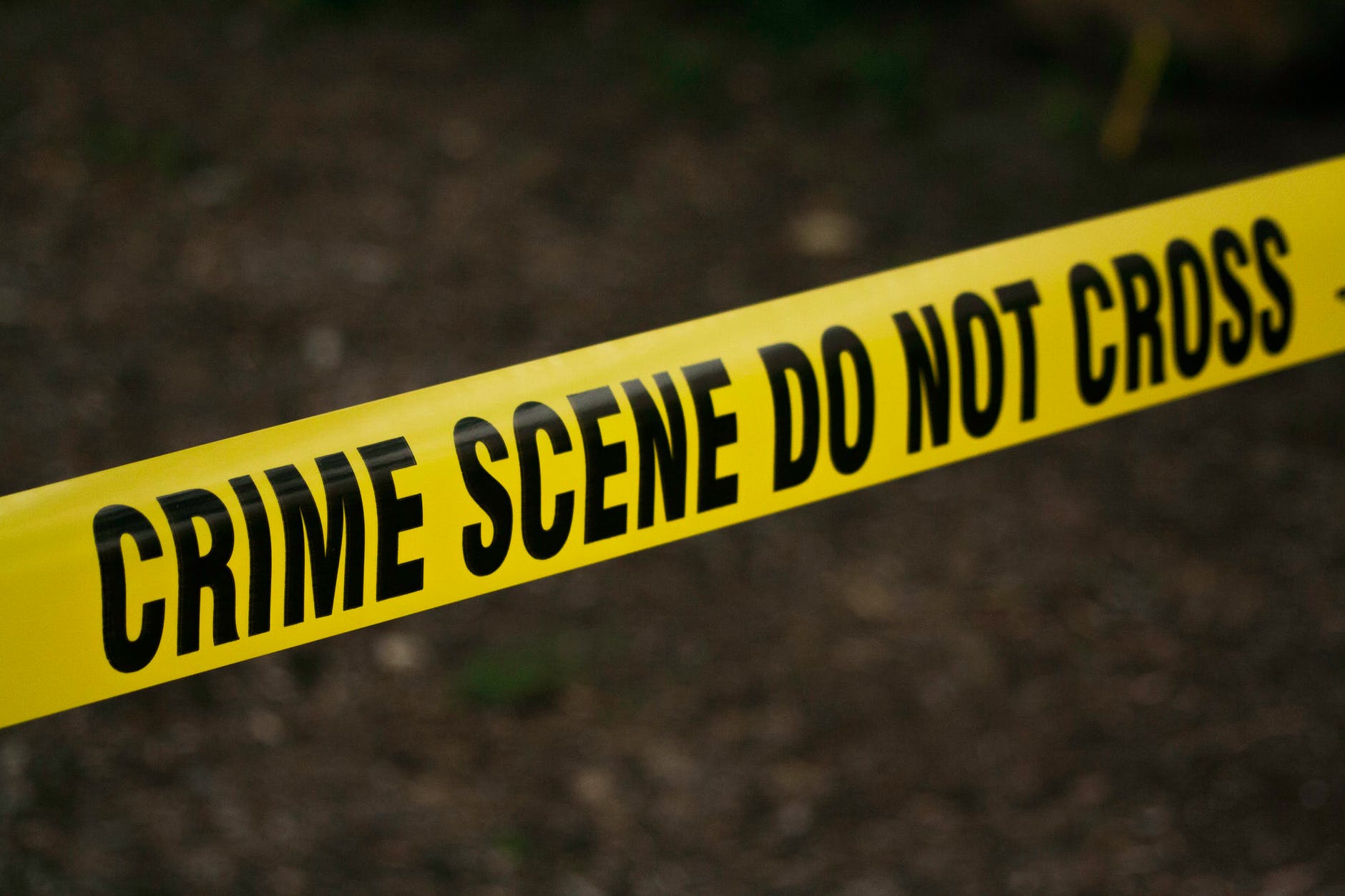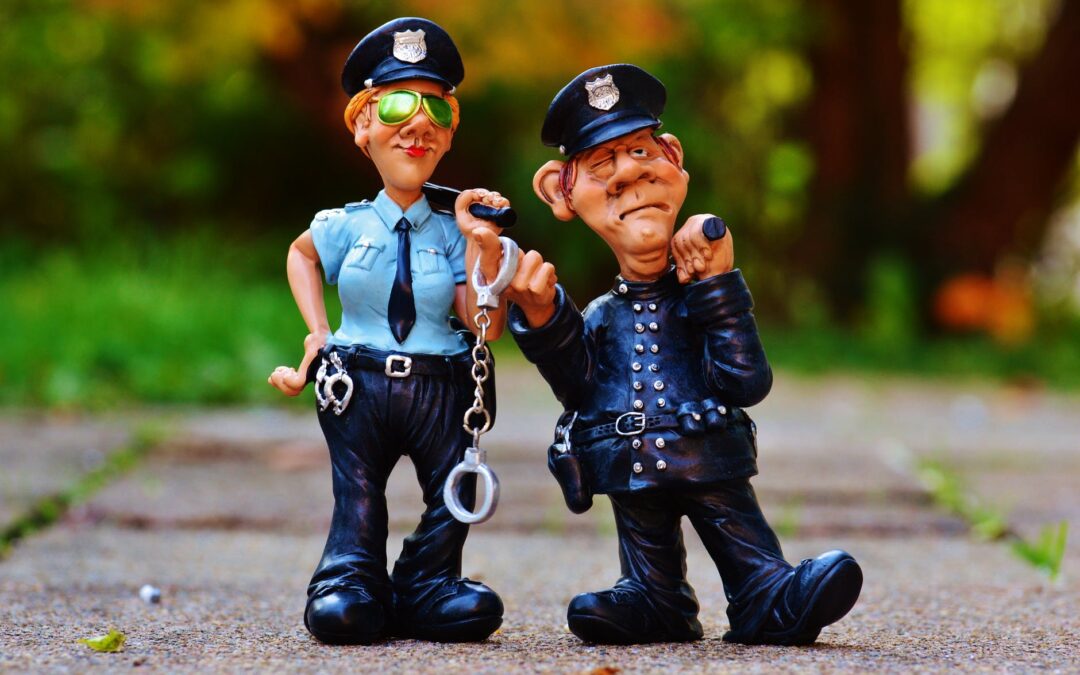
Ask my shoes!
Ask my shoes: The dynamics of policing can clearly be articulated by going deep into a quest of analysis of the real issues affecting our society guided by the questions below;
- What is the vintage point from where we see or look at the script unfolding daily?
- What is our role as a society in respect to the menace i.e. are we enabling or empowering behavioral change?
- What do we really need to do in respect to change i.e. looking at it from the police name change from FORCE to SERVICE?
- Has society changed its mindset from that which existed at the times of police force to a service or did the police as an organization change its mindset or doctrine from that of a force to a service so to accomodate the change?
- Did the citizenary change with the name change to service in respect to conduct or articulation of policing or are they still stuck in the police force mindset which conflicts wth the ideal objective of its existence?
- Does the citizens understand the police as being their sons and daughters with red blood flowing inside them or alienate them due to an absent skewed narrative fed to them?
These are rhetorical questions we ought to ask ourselves and answer them not from a skewed point of view but an honest one.
We choose mostly to take the defense stance rather than a proactive stance based on the effects of the choices or consequences of an action directed to us.
The reality

The construction of Policing in a Changing World: Implications on Performance, Mental Acuity, and Family.
- Breaking the myths surrounding mental health in the disciplined service requires us first to understand the culture that dictates how police perceive and interpret the world around them. They are indoctrinated to be vigilant 24/7 sometimes hyper vigilant, to run where others are running from and that giving their lives to one’s country as the greatest honor one can earn. Are expected always to be strong a facade most wear despite being wounded inside, oozing of what you see them manifest that is; drug and substance abuse, violence, lack of second thought, promiscuity, corruption to feed the monsters of their defense mechanism….etc.
- Change of mindset from a skewed one that sees them from the vices postulated by most media houses and understanding the scenes behind the crowd is a man (implies both genders), a man who wants to be loved despite his short falls, to be embraced and given an opportunity to be listened to, to be wholly accepted not from a sympathetic vintage point but an empathetic one.
- To heal the man so to heal the professional. Reality check breaks it out as it is not the professional that is suffering but the man who wears the uniform. Change shall be a fallacy until the society rises, puts its pretentious coats down, get its hands dirty by asking the hard questions of why and quest to stand in the gap.
This is the story of rising above the chains of hate, self-loathing, and yokes of the collective judgment of acts and of embracing individual responsibility for tranquility and peace to reign.
There is abundance in giving and committing to servitude to humanity but the toll can burn out due to the burden of what they see daily;

- Scenes of accidents their daily vocabulary.
- Victims of violence the glasses they see through life.
- Shaming and abuse the food they are fed on.
- Stones the gifts gifted to them when things fail.
- Protecting an already angry and burned out society their solitude and much more to name but a few.
The absence of psychological debriefing, a healthy structural mechanism to vent out or release the burden they carry eats our men in uniform out. When it becomes unbearable they turn to what they see best, an escape mechanism which is either the gun they swore to protect with, or the bottle which becomes the comrade suitor.
As they wait and look at the 3Ws (wine, women, and war) to add to the statistics we ought to look at the options available; “Empowering rather than Enabling or looking from a distance as they burn.”
With trembling lips, confusion, and anger written all over his face, he asked a series of questions. “Make me understand who a good police officer is to the members of the public?“
- Is he the one who arrests and follows the law to its truest dicta?
- Is he the one who compromises to the citizens compromise and closes his eyes to the broken law?
- Is he the one who acts according to the service standing orders (SOA)?
- Is he the one who conforms to fit the availability of personal gains?
- Is he the one who sits and does nothing despite seeing the commission of an offence so to maintain his credibility and avoid being blamed or being called bad?
- Is he the one who acts on what needs to be done or what the citizens wants?
- Is he the one who is always available to perform the duties he is deployed to?
The unfortunate truth is that the answer to this will always be founded on what best fits to serve the person in question. The circumstances will dictate the answer given forth by a majority of members of the public not what the law espouses or dictates as the principle of conduct.
The root of our quagmire
Parents seek to leave a better world for their children and fail to ask themselves if they are leaving behind good children for the world.
People call out the police as being corrupt yet fail to see that it takes two to tangle or ask themselves what the construct of corruption is as to denote the giver and the taker where the taker cannot receive until the giver chooses to give or is coerced to.
Society cries of the ineffectiveness of the police and the evils that exist within it yet from a safe ground watch until it burns their skin or it becomes their turn. Watching as spectators from the sidelines or doing nothing to change the narrative adds nothing at the end of the day.
A man has not started living until he can rise above the narrow Confines of his own existence to the broader concerns of all humanity.
(Martin Luther King JR)


Thank you
The whole conversation is centred at once changing their mindset in achanging world.perhaps we also needed to make police work as professional hence need of proper training and we’ll equipped which is not limited to knowledge alone but also high living standards to the officers plus creation of mental health services accessible anytime.
This is the most healthiest program that everyone should have.We have different personalities and that’s why not everyone speaks loud of what we do go through but with the program, we’ll prevent unnecessary decisions like suicide,murders etc
Thank you for your feedback. Speaking up is the first step towards healing.